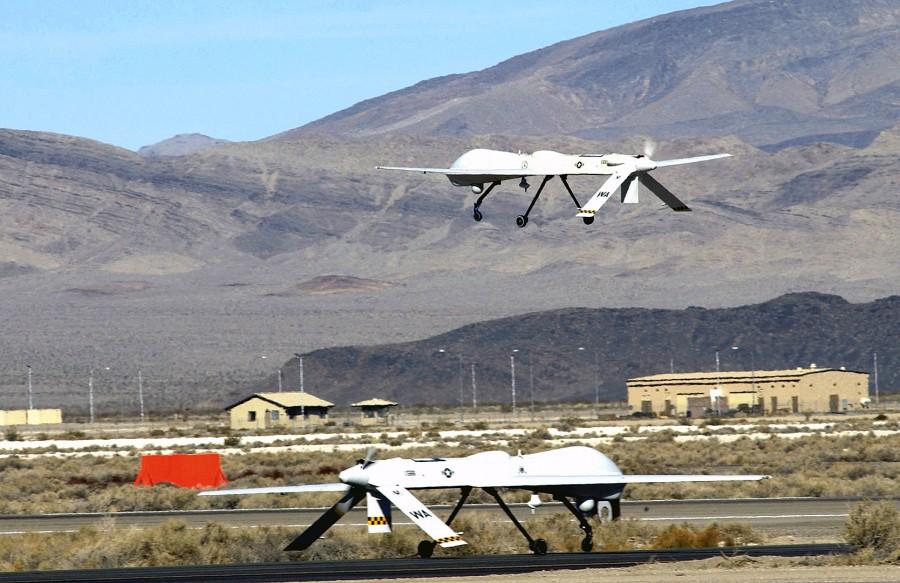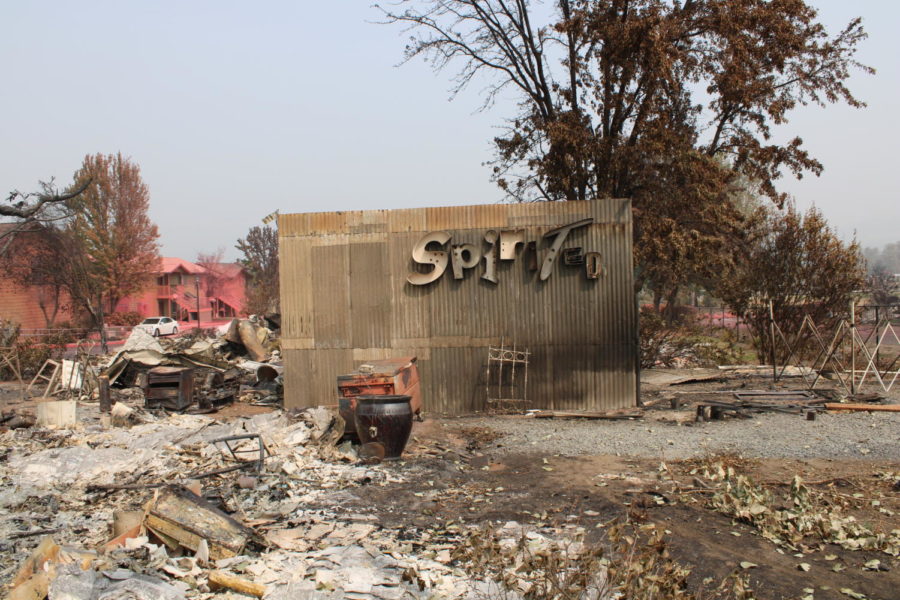“My father was asleep in the hujra as usual after a normal day, and I was studying nearby. . . . I had liked studying in the hujra, because it is peaceful and quiet. There was nothing different about our routine in the prior week. [When we got hit], [m]y father’s body was scattered in pieces and he died immediately, but I was unconscious for three to four days. . . . [Since then], I am disabled. My legs have become so weak and skinny that I am not able to walk anymore. . . . It has also affected my back. I used to like playing cricket, but I cannot do it anymore because I cannot run.”
The story of Walled Shiraz does not reflect deadly precision. Shiraz was a Political Science student and his father was not on any Department of Defense kill lists. They were simply in the wrong place at the wrong time. The all too common experiences of victims like Shiraz do not reflect the Department of Defense narrative of perfection and precision, of keeping terrorists at bay while keeping citizens safe and of a more ethical alternative than putting boots on the ground. As the media has reported more on the drone wars in Afghanistan and Northern Pakistan, it has become increasingly clear that the United States is stumping a false characterization of the damage in order to maintain public support down a dangerous path.
[heading bg=”#ffffff” color=”#222222″]A breeding ground for terrorism [/heading]
Many in the United States, such as Retired Military Officer Ralph Peters, seem to think that greater effectiveness in killing terrorists justifies other ethical violations. In his words that “We need plain talk, honest answers, and the will to close with the enemy and kill him. And to keep on killing him until it is unmistakably clear to the entire world who won.” Summarized, “we gotta kill them all.” Regardless of personal views on the ethical legitimacy of such arguments, advocates such as Peters fail to recognize what motivates terrorists in the first place.
Drone advocates such as Peters argue that terrorists attack the United States and other nations simply because they’re evil and their religion motivates them. Those critical of such terrorist studies, those that have ventured into terrorist camps and interviewed the heads of such heinous organizations as Al-Qaeda and the Hezbollah recognize that such groups rely on recruits. They also recognize that everyone in the Middle East is not born with a pathological hatred of the United States, with a desire to blow up the Western world. Richard Jackson at the Center for Strategic and International Studies, a prominent author against current studies of terrorism, argues that acts of state terrorism, such as blowing up citizens with drones, is the catalyst which feeds terrorism. When someone such as Shiraz has their life ruined at the hands of the United States, they are more open to the narrative of the terrorist recruiters encouraging them to seek revenge. Thus, as the Department of Defense seeks more and more brutal ways to kill our enemies they create a self-fulfilling prophecy which creates more and more insurgents and makes winning the war impossible.
[heading bg=”#fffffffff” color=”#222222″]A diplomatic nightmare [/heading]
Moreover, such strikes are often carried out without the permission of the nations they occur in. For instance, the United States continually strikes terrorists in Pakistan without the permission of their government. To the inhabitants of the nations we commit such acts in, our actions are seen as a clear violation of their sovereignty. As a result, they become less willing to cooperate. For instance, the Pakistani parliament has threatened to sever their alliance with the United States if we continue to act without their permission. Thus, the war on terror becomes even harder to win because terrorists have new safe havens and we have less resources to combat them with.
In all, the current narrative about drones in the United States clearly fails to recognize the ethical violations and military and diplomatic drawbacks they entail. If the current administration were to accept the limitations and hold themselves accountable for the horrors they cause, Unmanned Aerial Vehicles could quite possibly become a viable alternative to sending troops into harms way. However, transparency is not the policy of the current administration, and, without motivation to change, transparency will not be the policy of the current administration. As such, if we want to win the current war on terror and protect our citizens at home and abroad from the horrors of terrorism, we must maintain constant skepticism towards the use of drones and the narratives of their fantastic benefits.
For drones? Check out the other side of the story in Drones: Our Nation’s Power
[polldaddy poll=6852878]











